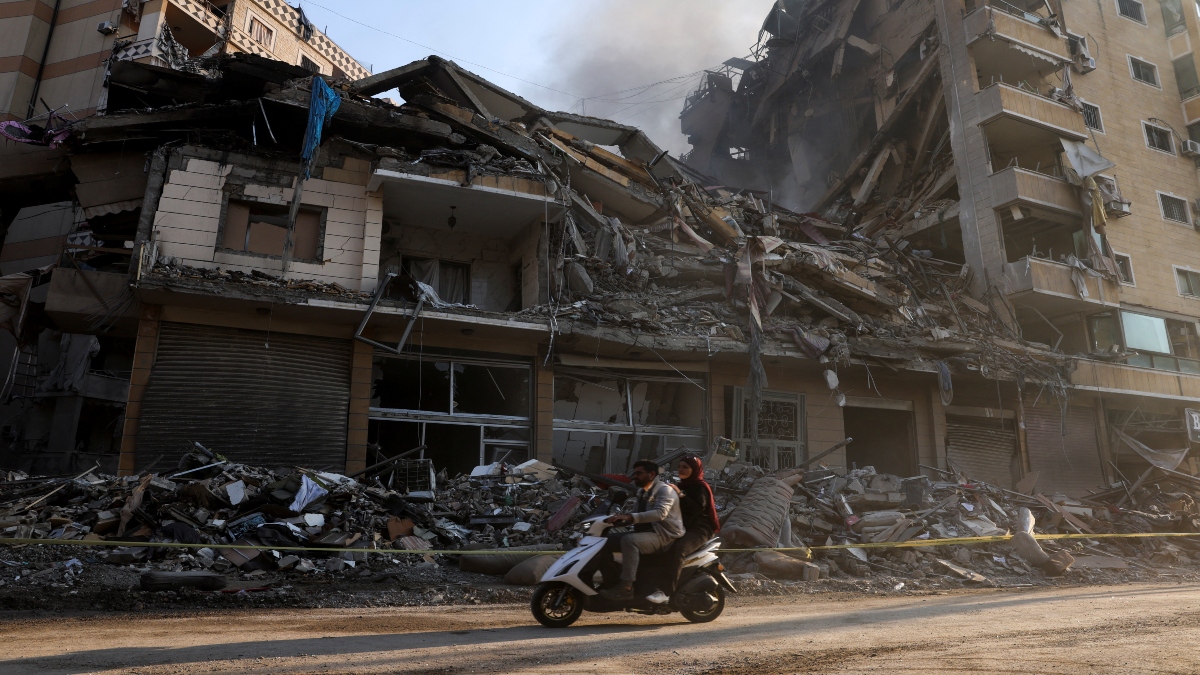The World Bank said on Thursday that the ongoing conflict between Israel and Hezbollah has caused $8.5 billion in damage and losses to Lebanon, with the final tally expected to rise significantly as the conflict persists.
Triggered by the Gaza war, the conflict had been simmering for nearly a year before Israel launched a full-scale offensive in September, bombarding Lebanon with airstrikes and deploying troops to the south.
Lebanon is facing an estimated $5.1 billion in economic losses over the next 12 months, primarily due to severe impacts on commerce, tourism, and agriculture.
Direct physical damage in Lebanon is at least $3.4 billion, reported Reuters, citing the World Bank’s Damage and Loss Assessment.
The analysis also projects that Lebanon’s real GDP will shrink by at least 5.7% in 2024 due to the ongoing conflict, a stark contrast to the 0.9% growth expected in a scenario without the war. This setback adds to the country’s ongoing economic crisis, which has already seen a staggering 34% contraction in GDP over the past five years.
“This compounds five years of sustained sharp economic contraction in Lebanon that has exceeded 34% of real GDP, losing the equivalent of 15 years economic growth,” Reuters quoted the World Bank as saying.
Housing is the sector with the most reported damage, estimated at $2.8 billion, with over 99,000 housing units partially or fully damaged, according to the World Bank.
Agriculture, which has been particularly affected in the southern regions of Lebanon, lost over $1.1 billion over 12 months, driven by lost harvest caused by destruction of crops and livestock and displacement of farmers, the report said.
Impact Shorts
More ShortsCommerce accounted for $178 million in damage, with economic losses estimated at $1.7 billion, the education sector losses are estimated at $215 million, while the environment has incurred $221 million in damage, it added.
The health sector has suffered losses estimated at $338 million, while tourism and hospitality, one of Lebanon’s main economic drivers, have incurred losses of $1.1 billion, according to the World Bank report.
The conflict is having broader social and environmental implications in Lebanon and has exacerbated food insecurity, the report said.
With inputs from agencies


)

)
)
)
)
)
)
)
)



